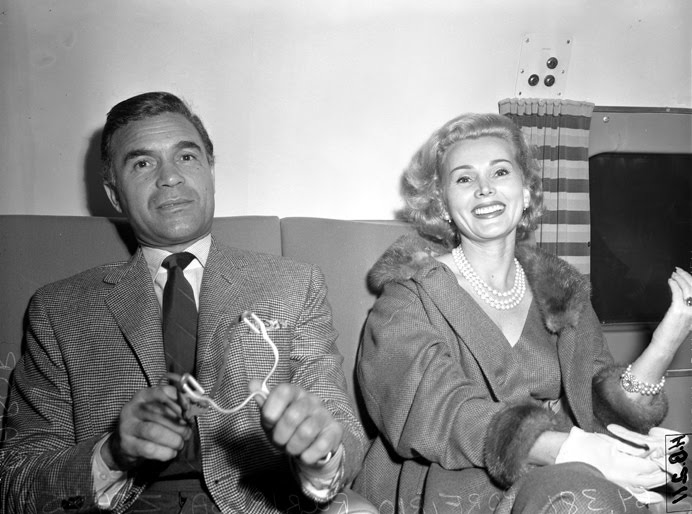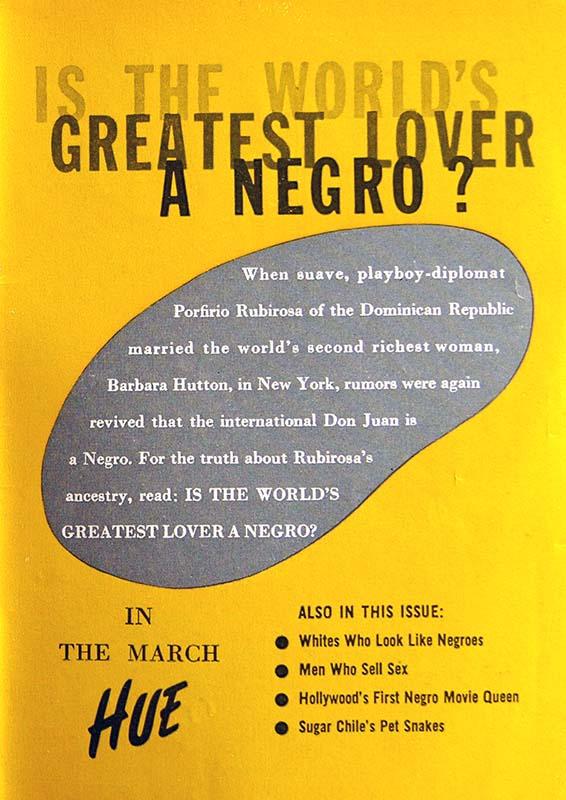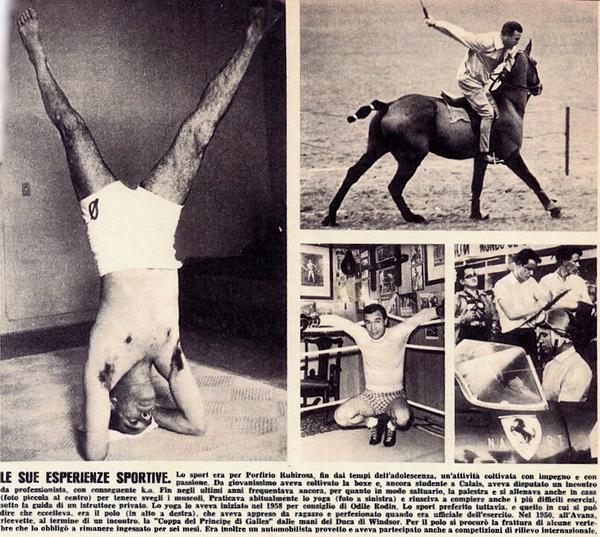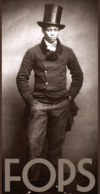
Porfirio Rubirosa, or The Last Playboy, as his biographer, Shawn Levy, calls him. Raise your hands, boys and girls, if any of you under the age of 50 remember him. It doesn’t count if you’re from the Dominican Republic, have specialized in the history of polo, or have been studying the memoirs of Zsa Zsa Gabor (either version). Zsa Zsa and “Rubi” specialized in each other when they weren’t marrying everyone else; in fact, they would seem to have been each other’s nearest equivalent, their lives lived in headlines, nightclubs and between the sheets, although she was sometimes to be found in front of a camera, while he could be found on a horse or behind the wheel of a racing car.

Rubi was born in 1909, the last child of a fierce, dominating father and a pious mother. The father, Don Pedro, was macho to the max, what Mr. Levy calls a tíguere, or tiger, the “essential defining characteristic of the Dominican alpha male.” A tíguere “bore the savor of low origins and high aspirations, as well as a certain ruthless ambition that barred no means of achieving his ends: violence, treachery, lies, shamelessness, daring, and, especially, the use of women as tools of social mobility. A tíguere always married to advantage.” Tígueres were also “handsome, graceful, strong, and well-presented, possessed of a deep-seated vanity.” Don Pedro qualified on all counts, but he was to mellow through the years, becoming a diplomat whose career took him to Paris when Rubi was 6—Paris, which was to remain Rubi’s lifelong spiritual home, if “spiritual” is a word that can usefully be applied to him.

To call Rubi’s formal education checkered is to flatter it, but he effortlessly mastered the things that counted—clothes, sports, sexual charisma; the things that were essential to becoming what he recognized himself to be: “I am, and will always be, a man of pleasure.”
